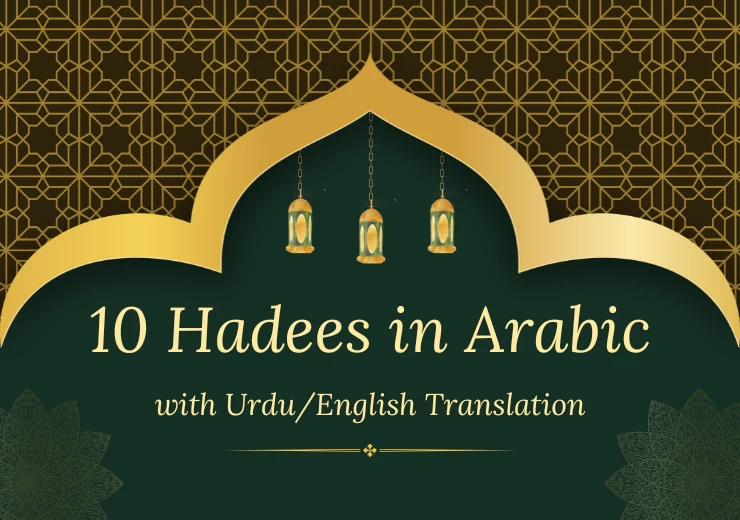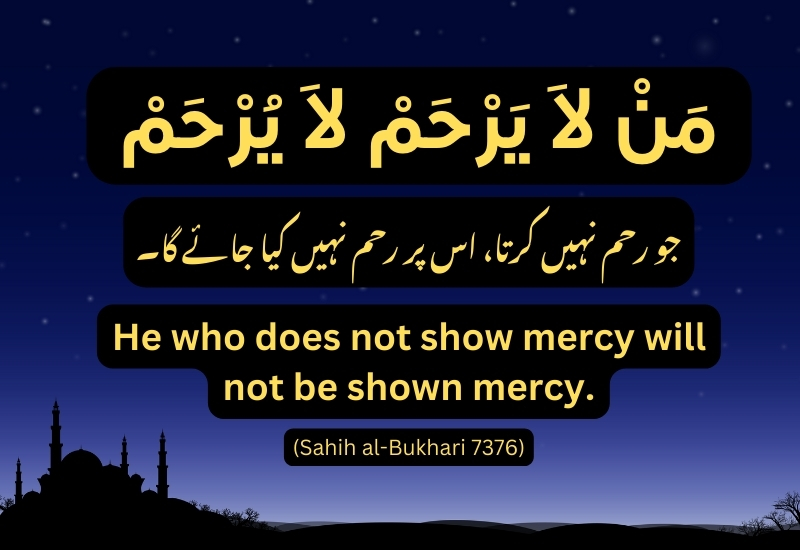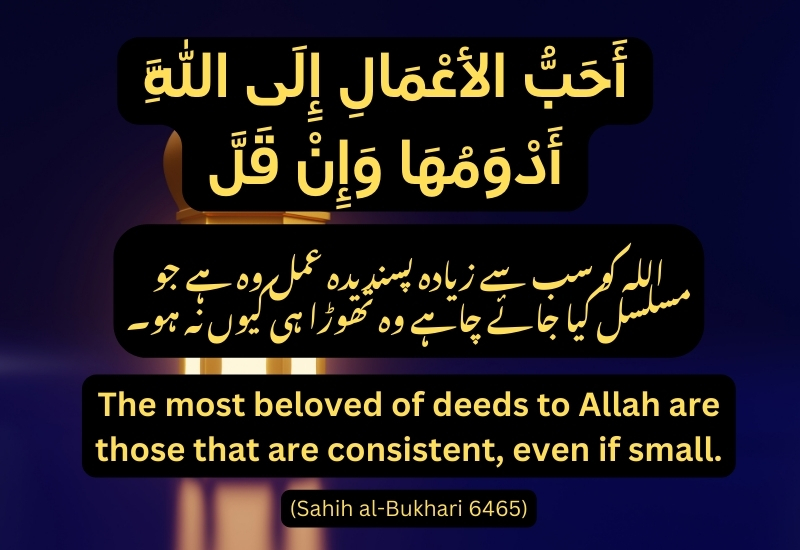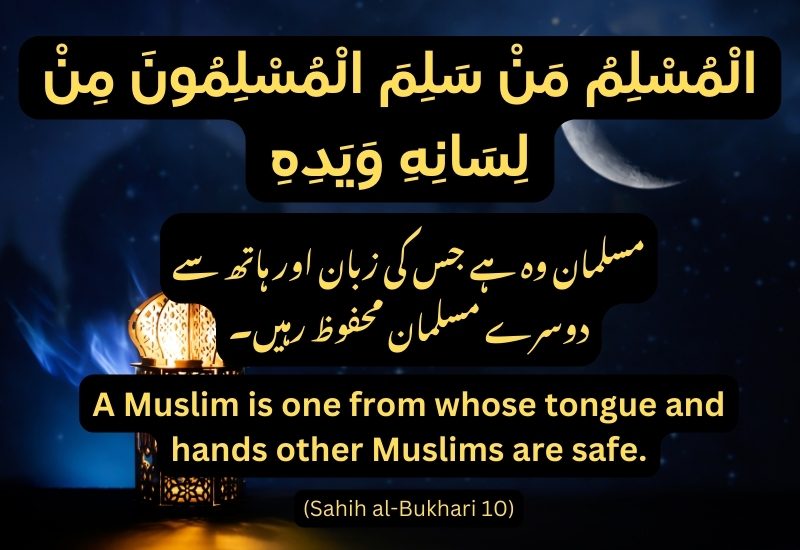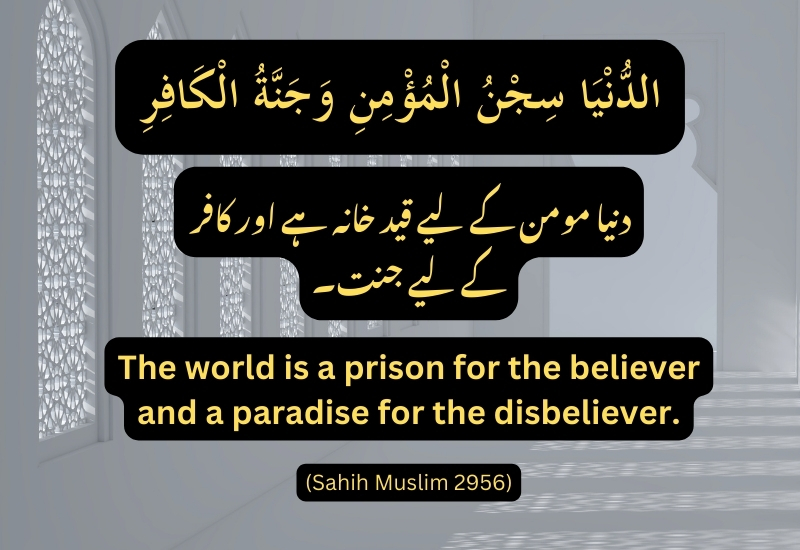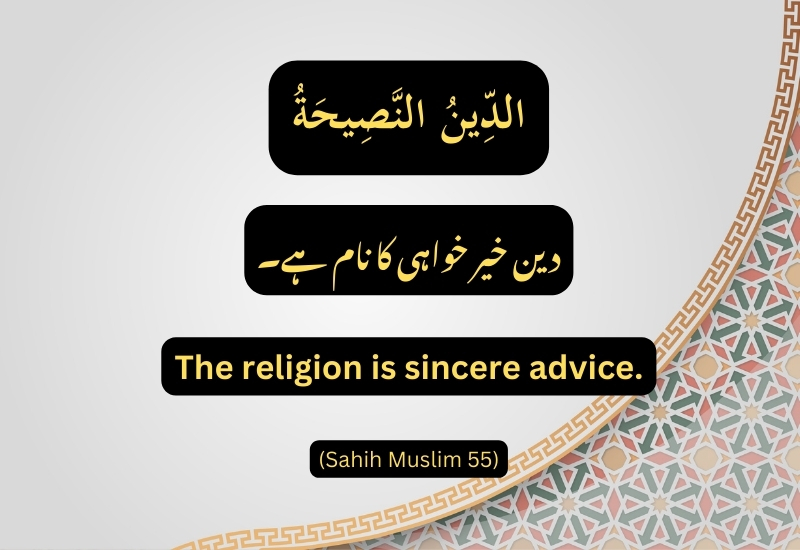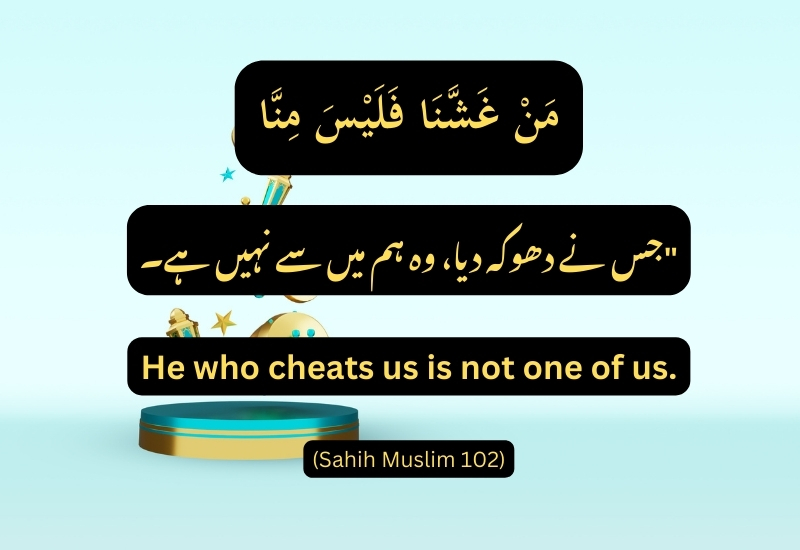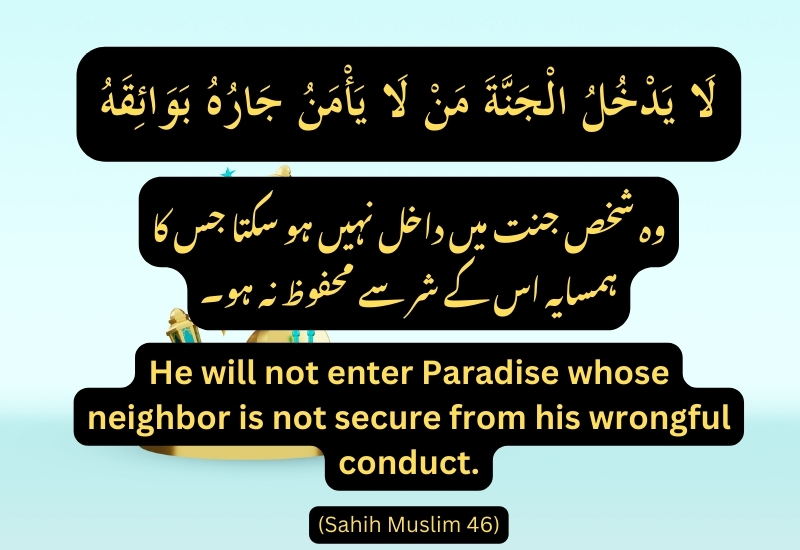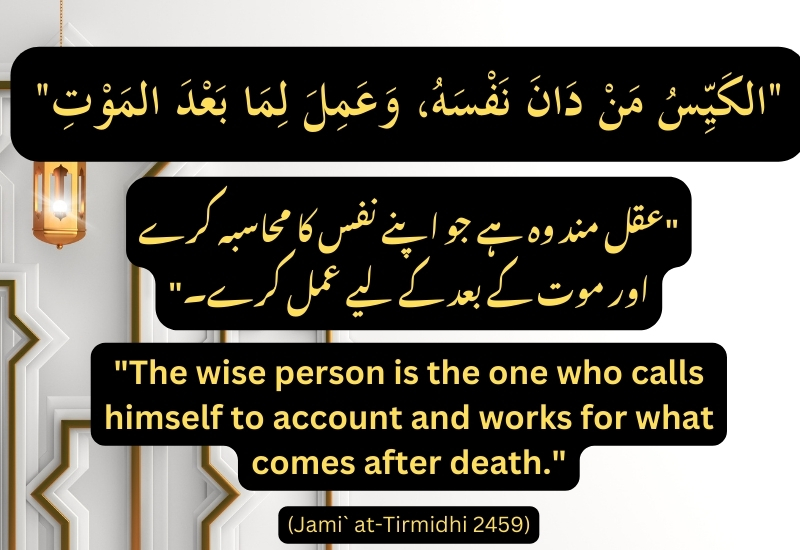10 insightful Hadees in Arabic with Urdu translations: the recorded sayings of Prophet Muhammad (PBUH), hold immense significance in Islam. They serve as guiding light for Muslims around the globe, imparting wisdom and providing clarity on the teachings of the Quran. For Urdu-speaking communities, translations play a crucial role in making these insights accessible and understandable.
Understanding Hadees
Hadees is not just a term; it’s a vital component of Islamic teachings. It supplements the Quran, helping interpret its message and providing a context where needed.
Definition of Hadees
Hadees, derived from the Arabic language, means “communication” or “narration.” This refers to the words, actions, or approvals of the Prophet Muhammad (PBUH) as recorded by his followers. Wikipedia’s entry on Hadith provides a comprehensive understanding of its definition and significance.
Role of Hadees in Islamic Teachings
The Hadees are central to understanding Islamic laws and ethics. They guide Muslims in personal conduct, social interactions, and rituals. The Importance of Hadith emphasizes how these narrations are essential for a holistic interpretation of the Quran.
10 Selected Hadees with Urdu Translation
Let’s explore ten profound Hadees along with their Arabic and Urdu translations, offering guidance in various aspects of life.
Hadees 1: (Sahih al-Bukhari 1)
- Arabic: “إِنَّمَا الأَعْمَالُ بِالنِّيَّاتِ”
- Urdu: “بے شک اعمال کا دارومدار نیتوں پر ہے۔”
- English: “Verily, actions are judged by intentions.”
Hadees 2: (Sahih al-Bukhari 7376)
- Arabic: “مَنْ لاَ يَرْحَمْ لاَ يُرْحَمْ”
- Urdu: “جو رحم نہیں کرتا، اس پر رحم نہیں کیا جائے گا۔”
- English: “He who does not show mercy will not be shown mercy.”
Hadees 3: (Sahih al-Bukhari 6465)
- Arabic: “أَحَبُّ الأَعْمَالِ إِلَى اللَّهِ أَدْوَمُهَا وَإِنْ قَلَّ”
- Urdu: “اللہ کو سب سے زیادہ پسندیدہ عمل وہ ہے جو مسلسل کیا جائے چاہے وہ تھوڑا ہی کیوں نہ ہو۔”
- English: “The most beloved of deeds to Allah are those that are consistent, even if small.”
Hadees 4: (Sahih al-Bukhari 10)
- Arabic: “الْمُسْلِمُ مَنْ سَلِمَ الْمُسْلِمُونَ مِنْ لِسَانِهِ وَيَدِهِ”
- Urdu: “مسلمان وہ ہے جس کی زبان اور ہاتھ سے دوسرے مسلمان محفوظ رہیں۔”
- English: “A Muslim is one from whose tongue and hands other Muslims are safe.”
Hadees 5: (Sahih Muslim 2956)
- Arabic: “الدُّنْيَا سِجْنُ الْمُؤْمِنِ وَجَنَّةُ الْكَافِرِ”
- Urdu: “دنیا مومن کے لیے قید خانہ ہے اور کافر کے لیے جنت۔”
- English: “The world is a prison for the believer and a paradise for the disbeliever.”
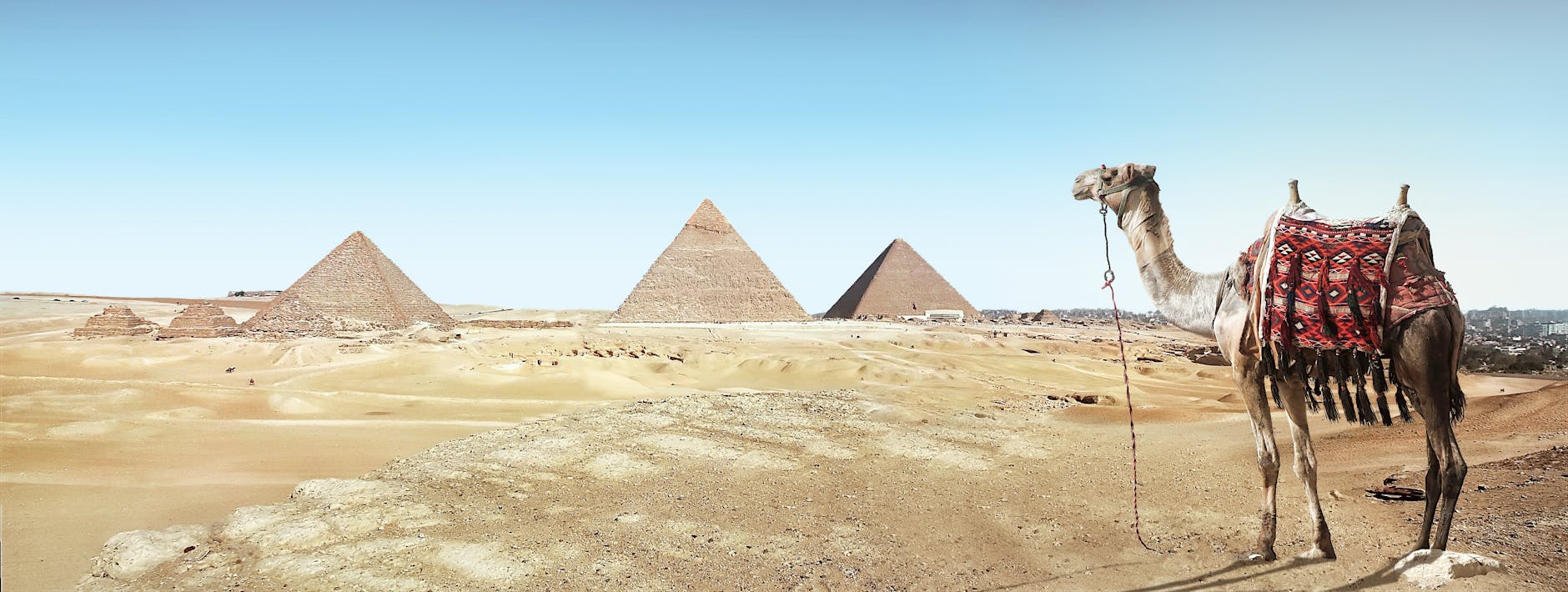
Hadees 6: (Sahih Muslim 55)
- Arabic: “الدِّينُ النَّصِيحَةُ”
- Urdu: “دین خیر خواہی کا نام ہے۔”
- English: “The religion is sincere advice.”
Hadees 7: (Sahih Muslim 102)
- Arabic: “مَنْ غَشَّنَا فَلَيْسَ مِنَّا”
- Urdu: “جس نے دھوکہ دیا، وہ ہم میں سے نہیں ہے۔”
- English: “He who cheats us is not one of us.”
Hadees 8: (Sahih Muslim 46)
- Arabic: “لَا يَدْخُلُ الْجَنَّةَ مَنْ لَا يَأْمَنُ جَارُهُ بَوَائِقَهُ”
- Urdu: “وہ شخص جنت میں داخل نہیں ہو سکتا جس کا ہمسایہ اس کے شر سے محفوظ نہ ہو۔”
- English: “He will not enter Paradise whose neighbor is not secure from his wrongful conduct.”
Hadees 9: (Jami` at-Tirmidhi 2459)
- Arabic: “الكَيِّسُ مَنْ دَانَ نَفْسَهُ، وَعَمِلَ لِمَا بَعْدَ المَوْتِ”
- Urdu: “عقل مند وہ ہے جو اپنے نفس کا محاسبہ کرے اور موت کے بعد کے لیے عمل کرے۔”
- English: “The wise person is the one who calls himself to account and works for what comes after death.”
Hadees 10: (Sahih al-Bukhari 5027)
- Arabic: “خَيْرُكُمْ مَنْ تَعَلَّمَ القُرْآنَ وَعَلَّمَهُ”
- Urdu: “تم میں سے بہترین وہ ہے جو قرآن سیکھے اور دوسروں کو سکھائے۔”
- English: “The best among you are those who learn the Qur’an and teach it.”
Lessons from the Hadees
Each Hadees carries profound lessons that encourage moral and ethical living.
Personal Development
Hadees play a pivotal role in personal development, promoting virtues like sincerity, accountability, and continuous improvement. They inspire individuals to align their actions with their intentions for a purposeful life. For more on how Hadees guide personal growth, this article explains it well.
Community and Social Responsibility
The teachings of Hadees emphasize the importance of compassion, honesty, and social responsibility. They urge Muslims to live harmoniously within their communities, safeguarding the welfare of others. This aspect is beautifully captured in this insightful piece.
Conclusion
Studying Hadees in Arabic with Urdu translation opens a pathway to deeper understanding and meaningful application in life. For Urdu-speaking individuals, these translations bridge the gap, bringing the Prophet’s teachings closer to home. Exploring more Hadees can provide profound guidance in spiritual and everyday matters.
Hadees 1: (Sahih al-Bukhari 1)
Arabic: “إِنَّمَا الأَعْمَالُ بِالنِّيَّاتِ”
Urdu: “بے شک اعمال کا دارومدار نیتوں پر ہے۔”
English: “Verily, actions are judged by intentions.”
Hadees 2: (Sahih al-Bukhari 7376)
Arabic: “مَنْ لاَ يَرْحَمْ لاَ يُرْحَمْ”
Urdu: “جو رحم نہیں کرتا، اس پر رحم نہیں کیا جائے گا۔”
English: “He who does not show mercy will not be shown mercy.”
Hadees 3: (Sahih al-Bukhari 6465)
Arabic: “أَحَبُّ الأَعْمَالِ إِلَى اللَّهِ أَدْوَمُهَا وَإِنْ قَلَّ”
Urdu: “اللہ کو سب سے زیادہ پسندیدہ عمل وہ ہے جو مسلسل کیا جائے چاہے وہ تھوڑا ہی کیوں نہ ہو۔”
English: “The most beloved of deeds to Allah are those that are consistent, even if small.”
Hadees 4: (Sahih al-Bukhari 10)
Arabic: “الْمُسْلِمُ مَنْ سَلِمَ الْمُسْلِمُونَ مِنْ لِسَانِهِ وَيَدِهِ”
Urdu: “مسلمان وہ ہے جس کی زبان اور ہاتھ سے دوسرے مسلمان محفوظ رہیں۔”
English: “A Muslim is one from whose tongue and hands other Muslims are safe.”
Hadees 5: (Sahih Muslim 2956)
Arabic: “الدُّنْيَا سِجْنُ الْمُؤْمِنِ وَجَنَّةُ الْكَافِرِ”
Urdu: “دنیا مومن کے لیے قید خانہ ہے اور کافر کے لیے جنت۔”
English: “The world is a prison for the believer and a paradise for the disbeliever.”
Hadees 6: (Sahih Muslim 55)
Arabic: “الدِّينُ النَّصِيحَةُ”
Urdu: “دین خیر خواہی کا نام ہے۔”
English: “The religion is sincere advice.”
Hadees 7: (Sahih Muslim 102)
Arabic: “مَنْ غَشَّنَا فَلَيْسَ مِنَّا”
Urdu: “جس نے دھوکہ دیا، وہ ہم میں سے نہیں ہے۔”
English: “He who cheats us is not one of us.”
Hadees 8: (Sahih Muslim 46)
Arabic: “لَا يَدْخُلُ الْجَنَّةَ مَنْ لَا يَأْمَنُ جَارُهُ بَوَائِقَهُ”
Urdu: “وہ شخص جنت میں داخل نہیں ہو سکتا جس کا ہمسایہ اس کے شر سے محفوظ نہ ہو۔”
English: “He will not enter Paradise whose neighbor is not secure from his wrongful conduct.”
Hadees 9: (Jami` at-Tirmidhi 2459)
Arabic: “الكَيِّسُ مَنْ دَانَ نَفْسَهُ، وَعَمِلَ لِمَا بَعْدَ المَوْتِ”
Urdu: “عقل مند وہ ہے جو اپنے نفس کا محاسبہ کرے اور موت کے بعد کے لیے عمل کرے۔”
English: “The wise person is the one who calls himself to account and works for what comes after death.”
Hadees 10: (Sahih al-Bukhari 5027)
Arabic: “خَيْرُكُمْ مَنْ تَعَلَّمَ القُرْآنَ وَعَلَّمَهُ”
Urdu: “تم میں سے بہترین وہ ہے جو قرآن سیکھے اور دوسروں کو سکھائے۔”
English: “The best among you are those who learn the Qur’an and teach it.”

